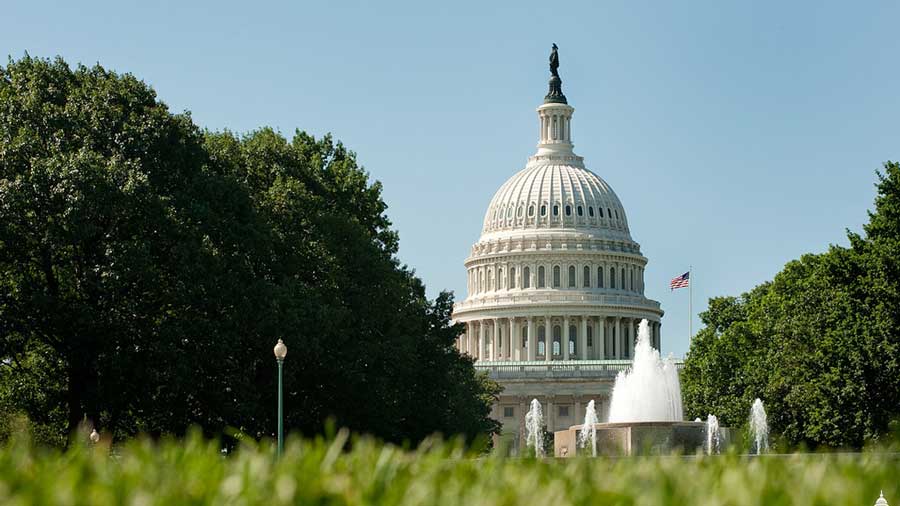Ligado Defends FCC Decision in Absentia

The smarter way to stay on top of the multichannel video marketplace. Sign up below.
You are now subscribed
Your newsletter sign-up was successful
Ligado added new meaning to the phrase "remote hearing," weighing in by letter since it was not included in a hearing Wednesday (May 6) about its own new service.
The Senate Armed Services Committee scheduled a hearing Wednesday afternoon on the FCC's decision last month to allow Ligado to launch a terrestrial broadband service that DOD has argued could interfere with key GPS tech in adjacent spectrum.
Related: FCC Approves Ligado Terrestrial Broadband Service
Ligado took some issue with the fact that there were no witnesses scheduled from Ligado or from the FCC.
In fact, the witnesses were all from the defense side of the argument, though the committee made no pretense to it being other than hearing from the Department of Defense--an admiral, a general, an undersecretary and the DOD CIO--about their spectrum policy and concerns with the impact of the FCC decision and Ligado on national security.
In a letter to the committee in advance of the hearing, Ligado said it was "unfortunate that members of the Committee will not have the opportunity to hear from any witnesses from Ligado, whose spectrum is at issue, nor from the FCC, whose decision is the subject of your hearing and will only hear from witnesses representing one perspective."
Ligado said the FCC's decision had been mischaracterized and that the FCC's order does protect GPS from interference thanks to "unprecedented conditions" imposed by the FCC, which it has "willingly accepted." Those include requiring a guard band of spectrum between Ligado and adjacent-band GPS and a 99% reduction in power levels from Ligado's 2015 application.
The smarter way to stay on top of the multichannel video marketplace. Sign up below.
Ligado pointed out that the FCC order recognized that GPS merits the highest interference protection, which is what it will get, including 24/7 monitoring and a "stop buzzer or kill switch."
Had Ligado been testifying, it suggested, it would have made the following points in addition to the FCC's extra conditions:
➢ "The FCC’s Order does not change or otherwise affect the allocation of spectrum to GPS devices.
➢ "The FCC’s Order does not affect the rules governing the protection of GPS devices from interference from Ligado or any other licensee operating in the L-band.
➢ In the Order, the FCC applied its same rule to protect radionavigation devices such as GPS that it has used since 1984; this is the same rule that the Department of Commerce relies on to regulate federal users."
The Free State Foundation agreed with Ligado that it was a shame the committee didn't get to hear from all sides, tweeting:
[embed]https://twitter.com/FSFthinktank/status/1258082051334569984[/embed]
Contributing editor John Eggerton has been an editor and/or writer on media regulation, legislation and policy for over four decades, including covering the FCC, FTC, Congress, the major media trade associations, and the federal courts. In addition to Multichannel News and Broadcasting + Cable, his work has appeared in Radio World, TV Technology, TV Fax, This Week in Consumer Electronics, Variety and the Encyclopedia Britannica.

